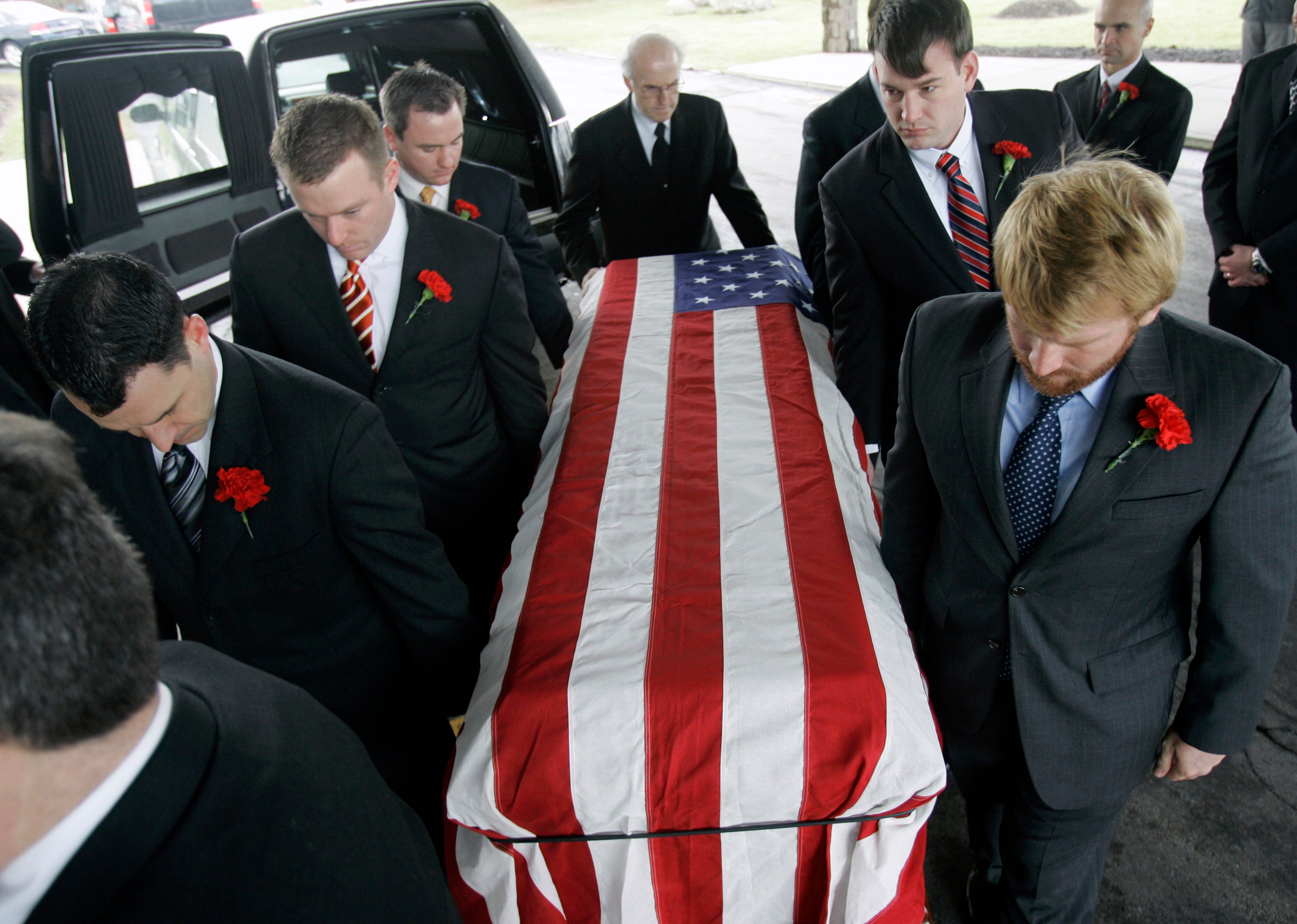US expresses concern over Sudan freeing diplomat's killer
The U.S. State Department says it is “deeply concerned” over Sudan's release of a man convicted in the 2008 killing of a U.S. diplomat in a drive-by shooting in the Sudanese capital, Khartoum

Your support helps us to tell the story
From reproductive rights to climate change to Big Tech, The Independent is on the ground when the story is developing. Whether it's investigating the financials of Elon Musk's pro-Trump PAC or producing our latest documentary, 'The A Word', which shines a light on the American women fighting for reproductive rights, we know how important it is to parse out the facts from the messaging.
At such a critical moment in US history, we need reporters on the ground. Your donation allows us to keep sending journalists to speak to both sides of the story.
The Independent is trusted by Americans across the entire political spectrum. And unlike many other quality news outlets, we choose not to lock Americans out of our reporting and analysis with paywalls. We believe quality journalism should be available to everyone, paid for by those who can afford it.
Your support makes all the difference.The U.S. said Wednesday it is “deeply concerned" by Sudan's release of a man convicted in the 2008 killing of a U.S. diplomat and embassy employee in a drive-by shooting in the Sudanese capital, Khartoum.
State Department spokesman Ned Price said in a statement that Abdel-Raouf Abu Zaid, the Sudanese man who was found guilty of the murders, remains a “specially designated global terrorist.”
He was convicted of murdering John Granville, an official with the U.S. Agency for International Development, and his Sudanese driver, Abdel Rahman Abbas. They were shot while returing ome early in the morning on Jan. 1, 2008, from a New Year's Eve party.
Price said any insinuation that the release was agreed by the United States as part of a settlement between the U.S. and Sudan was false.
In 2020, Sudan agreed to pay $335 million to settle compensation lawsuits at U.S. courts related to the 1998 bombings of the U.S. embassies in Kenya and Tanzania, the 2000 attack of the USS Cole at Yemen’s southern port of Aden that killed 17 sailors and Granville’s killing.
The settlement was made by Sudan’s former transitional government with the Trump administration to stop any future compensation claims being filed against the African country in U.S. courts.
Abu Zaid was captured weeks after the shooting. He was convicted and sentenced to death for murder. Three other men also were sentenced to death in the case, while a fifth received a two-year sentence for providing the weapons used in the attack.
The four awaiting hanging broke out of prison in June 2010, killing a Sudanese police officer and wounding another in a shootout in Khartoum’s twin city of Omdurman, according to a Sudanese notice to the international police agency, Interpol.
Abu Zaid was re-arrested weeks later and returned to Kubar Prison. The three other men remained at large.
“We are deeply troubled by the lack of transparency in the legal process that resulted in the release of the only individual remaining in custody,” the State Department statement said, adding, that the U.S. “will continue to seek clarity about this decision.”
Earlier this month, Abu Zaid’s family apologized for the killing of Granville and his driver, saying in a video message: “We, as a family, apologize and acknowledged Abdel-Raouf’s mistake, and he already admitted his mistake and expressed his regret and remorse for what has happened.”
Granville, 33, was working to implement a 2005 peace agreement between Sudan’s north and south that ended more than two decades of civil war. A vehicle intercepted his car and gunmen inside opened fire, killing Granville and the driver, who also was a USAID employee.